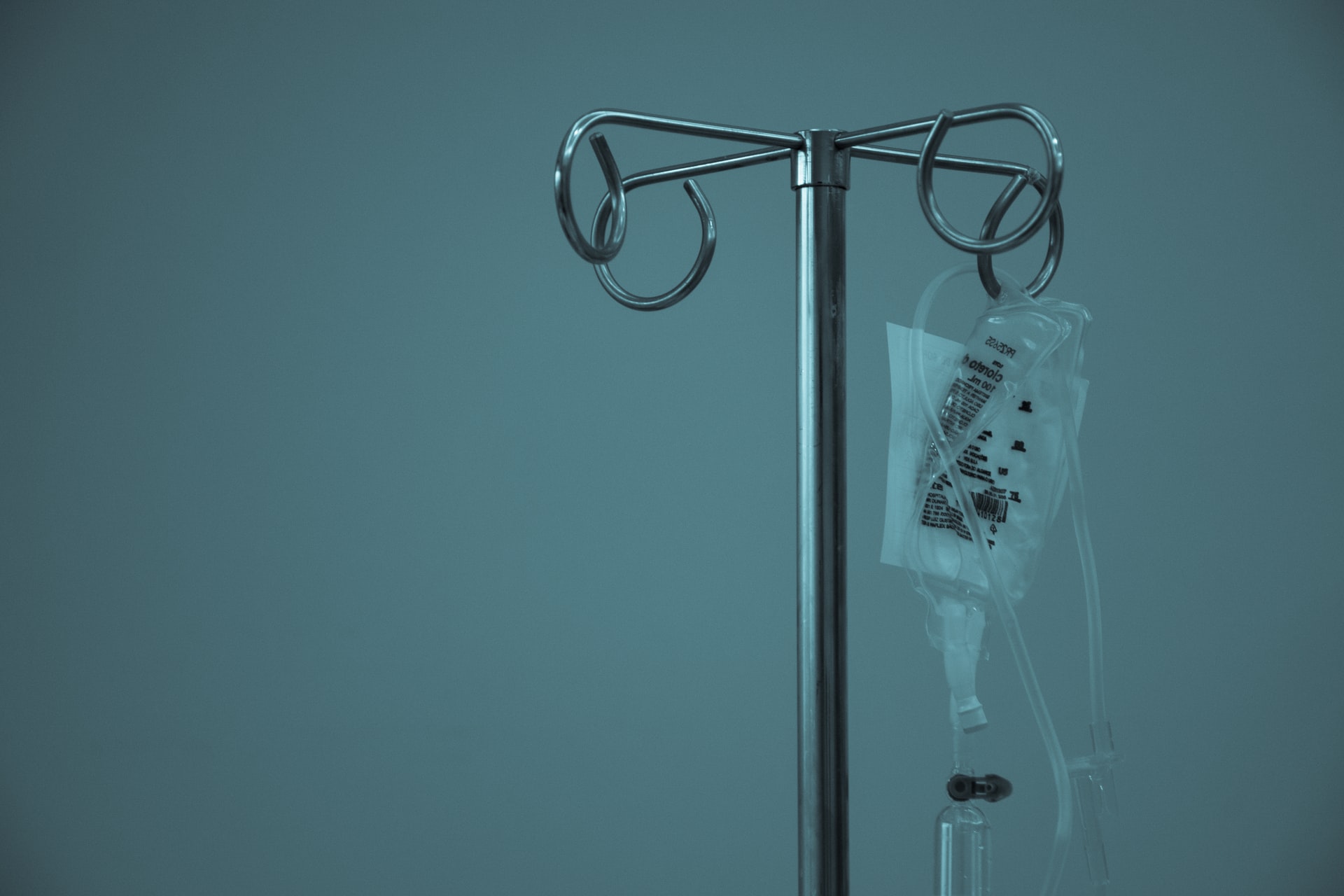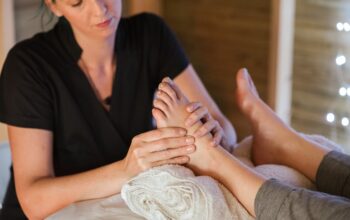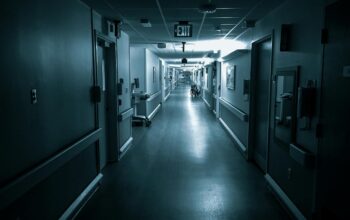In this article, Dr. Shweta Shah, one of the Top Gynecologists in Malad, Mumbai talks about “Urinary Incontinence and the Symptoms and Causes associated with it?”
Dr. Shweta Shah is regarded as one of the most qualified gynecologists and obstetricians in Malad, Mumbai. She is a wonderful and very knowledgeable doctor in the field of women’s health. Shweta has a significant amount of experience working in both obstetrics and gynecology. Dt. has helped a large number of female patients who struggled with infertility, gynecological disorders, and menopausal issues, and she has had a lot of success doing so.

Urinary incontinence, often known as the inability to control one’s bladder, is a widespread and frequently embarrassing disease. The severity of the condition ranges from occasionally leaking pee when you cough or sneeze to having an overwhelming urge to urinate that is so sudden and powerful that you are unable to get to a bathroom in time says Dr. Shweta Shah of the best Gynecologist in Malad, Mumbai.
Urinary incontinence is not a natural part of the aging process, despite the fact that it occurs more frequently as people become older. Please do not hesitate to consult your doctor if urine incontinence is affecting your daily activities. For the vast majority of people, modest lifestyle and dietary adjustments. Moreover, medical treatment can alleviate the symptoms of urine incontinence.
Symptoms

Dr. Shweta Shah, one of the premium gynecologists, notes that many people encounter periodic, minor pee leaks as a result of their lifestyle. Others may experience more frequent loss of modest to moderate quantities of pee.
The following are examples of urine incontinence:
- Incontinence as a result of stress: In order to prevent urine leakage, you should avoid exerting pressure on your bladder by coughing, sneezing, laughing, exercising, or lifting something heavy.
- Induce incontinence as soon as possible: You experience an unexpected, intense urge to urinate, which is followed by an involuntary loss of urine. It is possible that you will need to urinate frequently, perhaps throughout the night. It is possible that urge incontinence is caused by a small ailment. Such as an infection, or by a more serious condition. For example: a neurological disorder or type 2 diabetes opines Shweta Shah a leading Gynecologist in Malad, Mumbai.
- Incontinence due to overflow: You have frequent or continuous dribbling of pee as a result of a bladder that is not entirely empty.
- Incontinence that is not due to a medical condition: The fact that you are physically or mentally impaired prevents you from reaching the toilet in time. It is possible that you will be unable to unbutton your jeans quickly enough if you have severe arthritis, for example.
- Incontinence on both sides: Your urine incontinence is caused by more than one form of incontinence. Most commonly, this relates to a combination of stress incontinence and urgency incontinence.
When should you visit the doctor?
It is understandable if you are uncomfortable addressing incontinence with your doctor. However, if you experience urinary incontinence on a regular basis or if it negatively impacts your quality of life. It’s crucial to get medical attention because urinary incontinence can cause:
- Restricting your activities and social connections
- Having a negative impact on your overall quality of life
- As older persons rush to the toilet, they increase their risk of falling
- The presence of an underlying illness that is more serious
Causes
Dr. Shweta Shah one of the best Gynecologists in Malad, Mumbai notes that Urinary incontinence can be caused by a variety of factors, including daily habits, underlying medical conditions, and physical issues. It may be possible to discover the cause of your incontinence through a complete evaluation by your doctor.
- Urinary incontinence that lasts only a short time: Certain beverages, foods, and drugs have the potential to operate as diuretics, activating the bladder and increasing the amount of pee produced. They are as follows:
- Alcohol
- Caffeine
- Carbonated beverages and sparkling water
- Chili peppers
- Do not eat foods which are having sugar, or acid, particularly citrus fruits
- Medications for high blood pressure and heart disease, as well as sedatives and muscle relaxants
- Vitamin C in high concentrations
- There are so many medical reasons behind Urinary incontinence. But, is easily curable, such as the following:
- Infection of the urinary tract:
An infection can irritate your bladder, causing you to have severe impulses to urinate as well as, on rare occasions, incontinence.
- Constipation:
Located near the bladder, the rectum is served by a number of nerves that are similar to those of the bladder. The presence of hard, compacted stool in your rectum leads these nerves to become overactive. Which results in an increased frequency of urination.
- Prevention:
Urinary incontinence is a condition that is not always preventable. However, there are several steps you may take to reduce your risk:
- Maintain a healthy weight by exercising and eating right.
- Exercises for the pelvic floor regularly.
- Avoid bladder irritants such as caffeinated beverages, alcoholic beverages, and acidic foods.
- Consume more fiber to avoid constipation, which is a contributing factor to urine incontinence.
- If you smoke, refrain from doing so or seek assistance in quitting if you are a smoker, says Mumbai-based doctor Shweta Shah.



